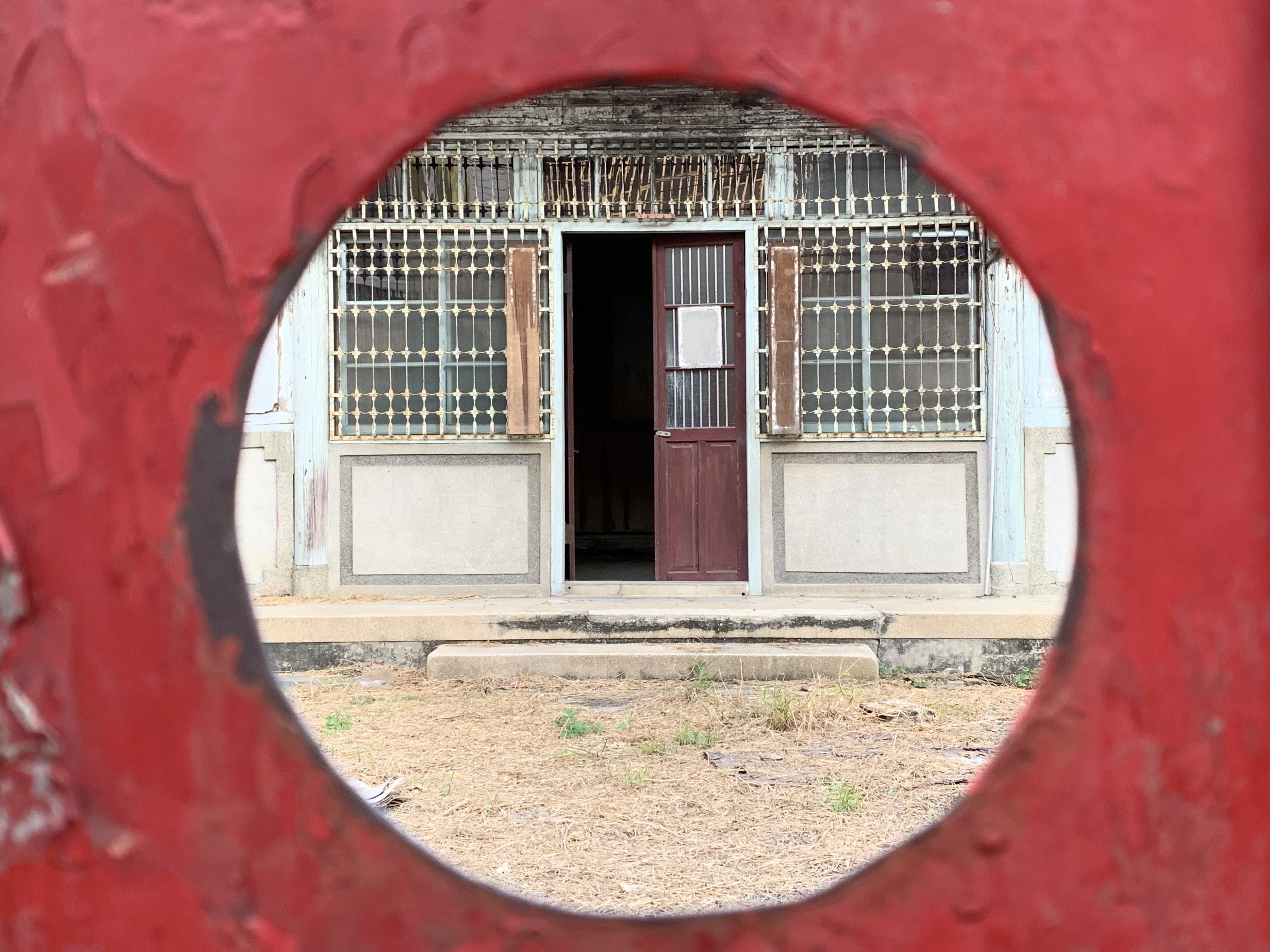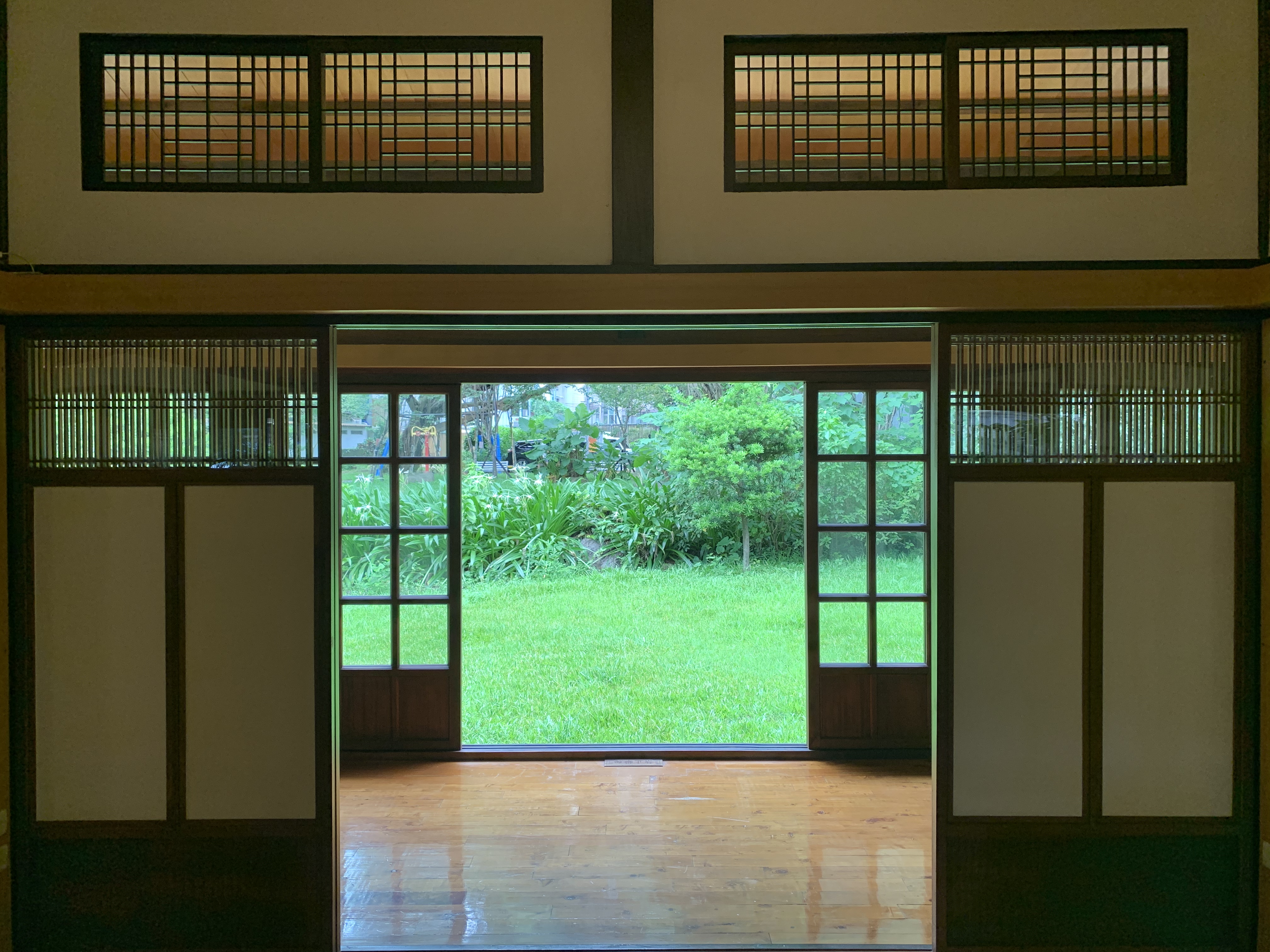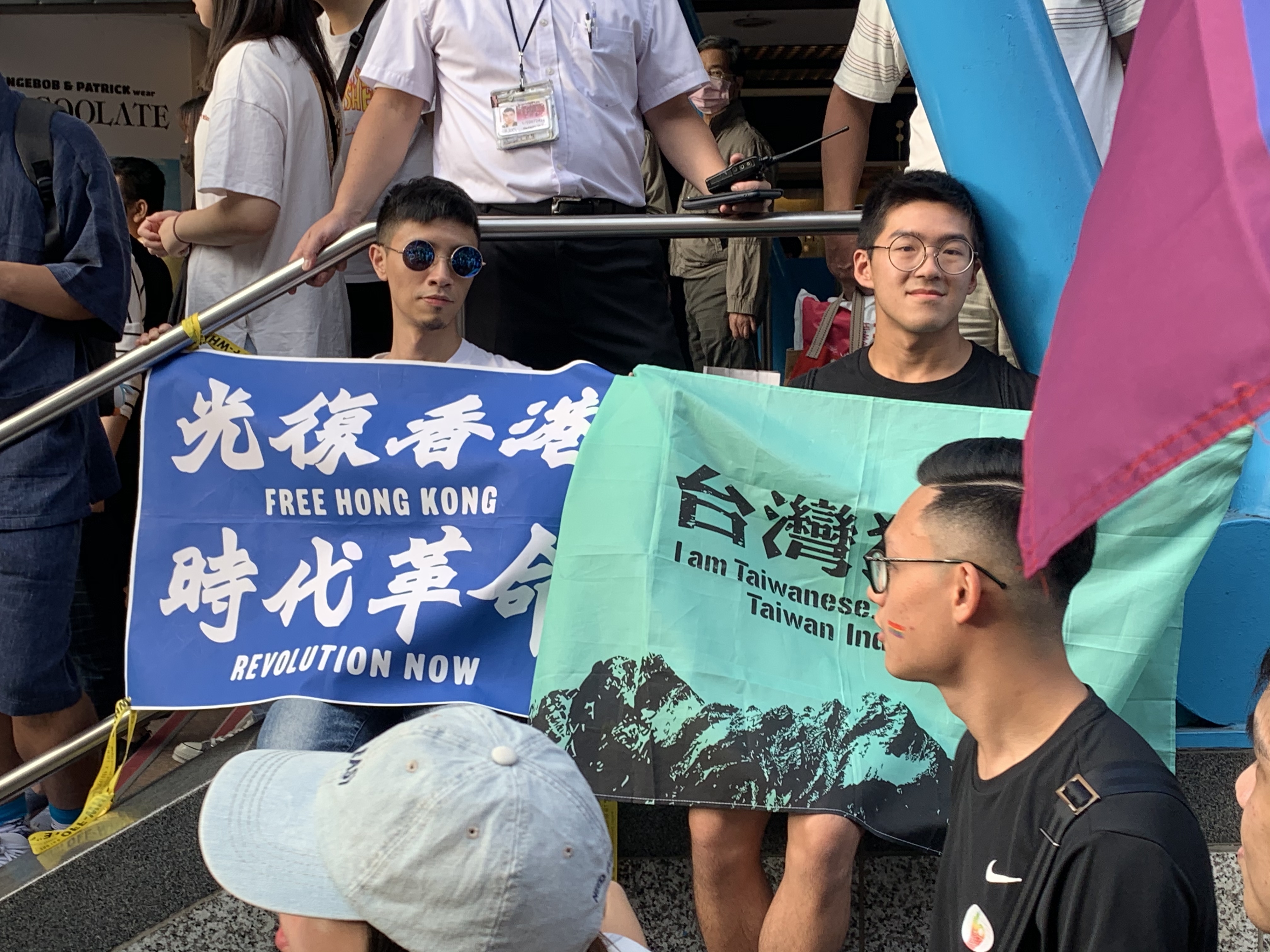
For not quite two years now, Taiwan's borders have been closed to most people. In on-and-off policies, students, resident visa holders, foreign blue-collar labor, businesspeople and others have been permitted to enter...or not. Tourists have been firmly shut out. As the rest of the world (wisely or not) begins to re-open and "live with COVID", there's been debate about whether Taiwan should do the same.
Some of this discussion has been quite reasonable: allowing students, family members of citizens and residents and people who have accepted jobs are all logical policies to support. Other points have been, shall we say, less trenchant -- for example, the push to let tourists back in.
So, let me change the tone here and just lay it out. Yes, we should let family members -- especially spouses and children -- of both citizens and residents into Taiwan. Most spouses of citizens can now do so, but family members of non-citizen residents remain barred from entry. This is wrong. Quarantine and contact tracing have been fairly successful -- I see no reason not to let students and people with jobs waiting for them in as well. A special category of visa you can petition for if your situation gives you personal reasons to go to Taiwan can also be made available: for, example, unmarried partners, siblings and other family members.
Tourists, however? No.
There was a recent article in The Guardian about this, but I don't want to focus on it. The discussion has been going on longer than that, and the attitude is widespread enough to merit a general response rather than a targeted breakdown.
International tourism is a little over 4% of the economy. That's not nothing. I'm not saying the hotels, restaurants and tour businesses affected aren't important. But let's be honest -- it's a thin slice of what makes Taiwan hum. Even if Taiwan were more of a tourist-dependent place like, say, Bali, I'm not sure I'd be in favor of opening up. At such a small slice of what makes Taiwan go, however? Absolutely not.
Am I personally in favor of giving up a zero-COVID life and risking an outbreak in Taiwan so we can get that 4% or so humming again? No. Why should I? Why should anyone?
I'm sorry, hotels in Kenting, but I'm not willing to give up the more or less normal life we can now have in Taiwan so that you can get more customers. I am certainly not willing to risk my health for it! I don't think many people are, nor should they be. Your business is simply not as important to me as normalcy in daily life in Taiwan and a near-zero chance of catching COVID -- for everyone who lives here. When vaccination rates rise that can change, but we're not there yet.
Perhaps think of strategies to entice domestic customers to take all that annual leave they're not spending on international travel to stay at your hotels during the week.
Besides, re-opening for tourism would mean doing away with the quarantine. I suppose borders could be opened but the quarantine kept in place, which would certainly deter tourists but be tolerable to those with reasons to make the trip. However, we're still at the point where it's better to actively discourage non-essential travel, and framing it that way does the opposite. Perhaps in a few months, especially if quarantine capacity could be increased, that would be a conversation worth having. But by the time that happens, we'll also have higher vaccination rates anyway.
Honestly, I'm sick of the quarantine regulations too. We all are. I would very much like to go back to the US to see my family, some of whom I have not seen in person since 2018. My grandmother is 95 years old and I worry every day that things won't get better in time for me to see her again. It's just a sad financial fact that quarantine hotel rooms for my husband and I are simply not financially feasible after a genuinely rough summer.
But the fact is that the quarantine has helped catch imported cases, and we still need it until vaccination rates are higher. Mandatory 2-week quarantines and international tourism are simply not compatible.
Besides, opening up for tourism would guarantee an outbreak -- for this reason, the entire premise of the argument is flawed. An outbreak wouldn't exactly cause tourists to pour in, would it? It would not only depress the exact sort of inbound travel that opening up would aim to bring in, it would depress domestic tourism too. We know this because that's exactly what happened during the May outbreak. I was in Tainan recently and the B&B owner admitted that from May until the "soft lockdown" ended, allowing indoor venues to re-open, they didn't have a single guest. Now, they have some -- we weren't the only people staying there. A fresh outbreak would mean none.
What's more, the risk such a move would bring would devastate a far greater chunk of the economy than the sliver fueled by international tourism. Business that rely on local custom -- restaurants, shops, cafes, smaller hotels catering mostly to local crowds, even cram schools as much as I dislike them -- all took a hit from the May outbreak. Many closed: the hotel I liked in Taichung which seemed to mostly attract young Taiwanese weekenders on mid-range budgets, the Konica shop I'd use to print out photos for relatives, more than one cafe I liked as well as several restaurants, gone. My own income was briefly torpedoed, as was my husband's, though fortunately at different points.
They didn't close, and we didn't have to dip into savings, because there weren't international tourists. That all happened because the domestic economy was affected. Risk that again for that tiny 4%, which probably wouldn't even reach 4%? No thanks.
I don't think the CECC is being particularly wishy-washy about this, either. It's true that they haven't set clear milestones for re-opening or changing quarantine rules. It's true that they won't state clearly what vaccination percentage will be considered "sufficient". But that makes sense to me: this is literally an evolving disaster, and it's evolving because people are not smart. They hear ignorant takes about vaccines and hesitate to protect themselves and others. They make obviously logically flawed arguments about "re-opening", which brings further outbreaks.
Oh yes, and they complain that "we can't find mayonnaise" -- or something -- when supply chains are disrupted around the world and there is indeed mayonnaise to be had. I have some in my fridge. It's available. I'm certainly not interested in risking my health and life because some guy whined to The Guardian that there isn't enough mayo. Come on.
The virus mutates, it becomes more infections, and all the milestones have to change.
I don't call an evolving response to an evolving problem wishy-washiness or lack of clarity. I call that being flexible, which is exactly the right way to be. There is some strain, but the whole world is strained. By comparison, Taiwan is not a festering hellhole due to bad policies (though there have been some, I admit). It's stayed pretty good, due to (mostly) good policies.
So yes, by all means let's push the government to consider allowing home quarantine for the vaccinated at some point in the almost-predictable future. Let's push to allow people who should have the right to be here -- family, workers, students -- to be allowed in. Certainly, let's look at further relief as necessary for the worst-affected sectors. If you're able, take some time off during the week and go use those quiet tourist facilities while they're not crowded. Give the hoteliers and tour operators a bit of domestic custom. I'm looking at some trips I can take myself, now that life in Taiwan is closer to normal again.
But no, it is not time to re-open for international tourists. It's just not.













